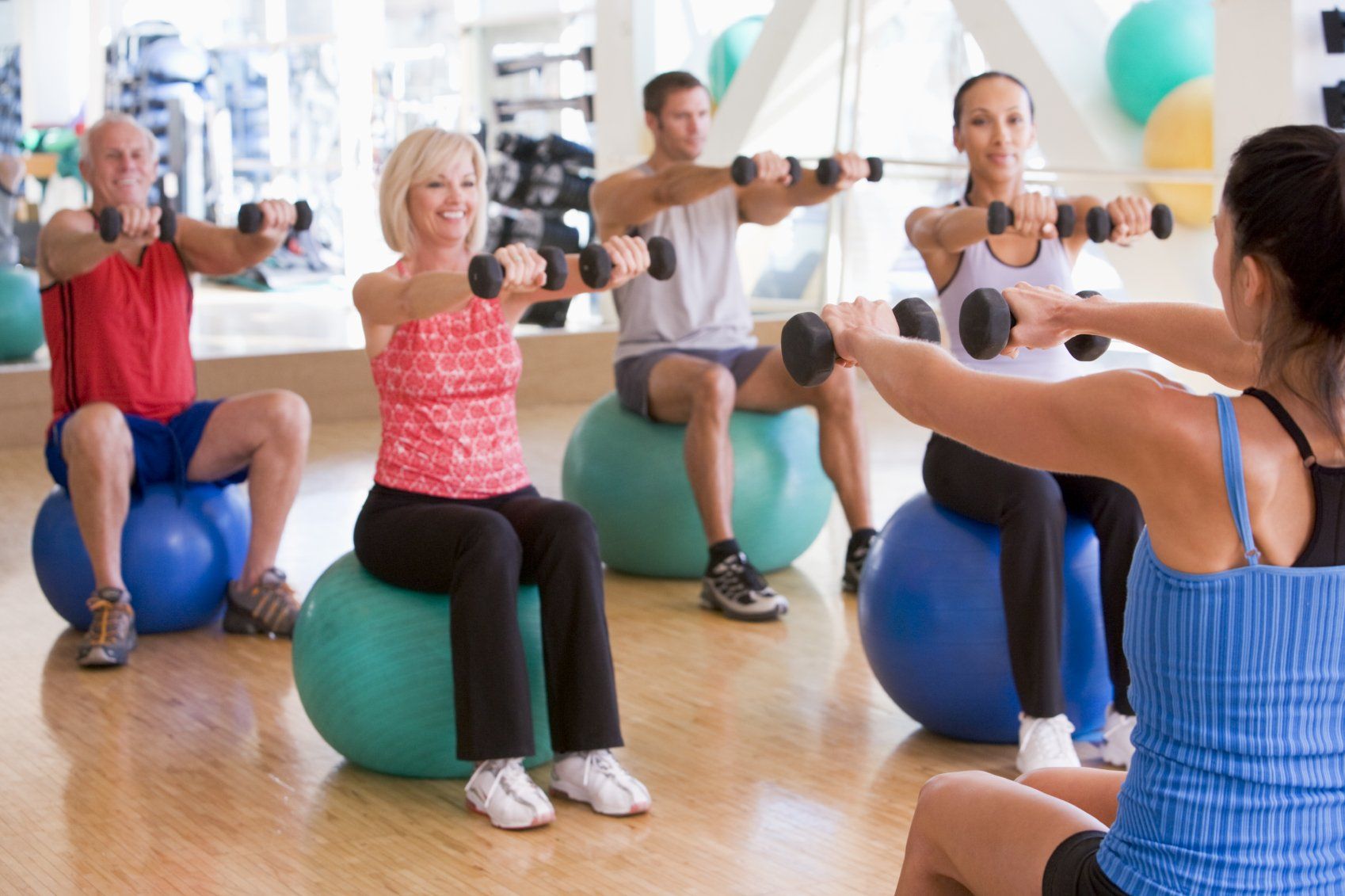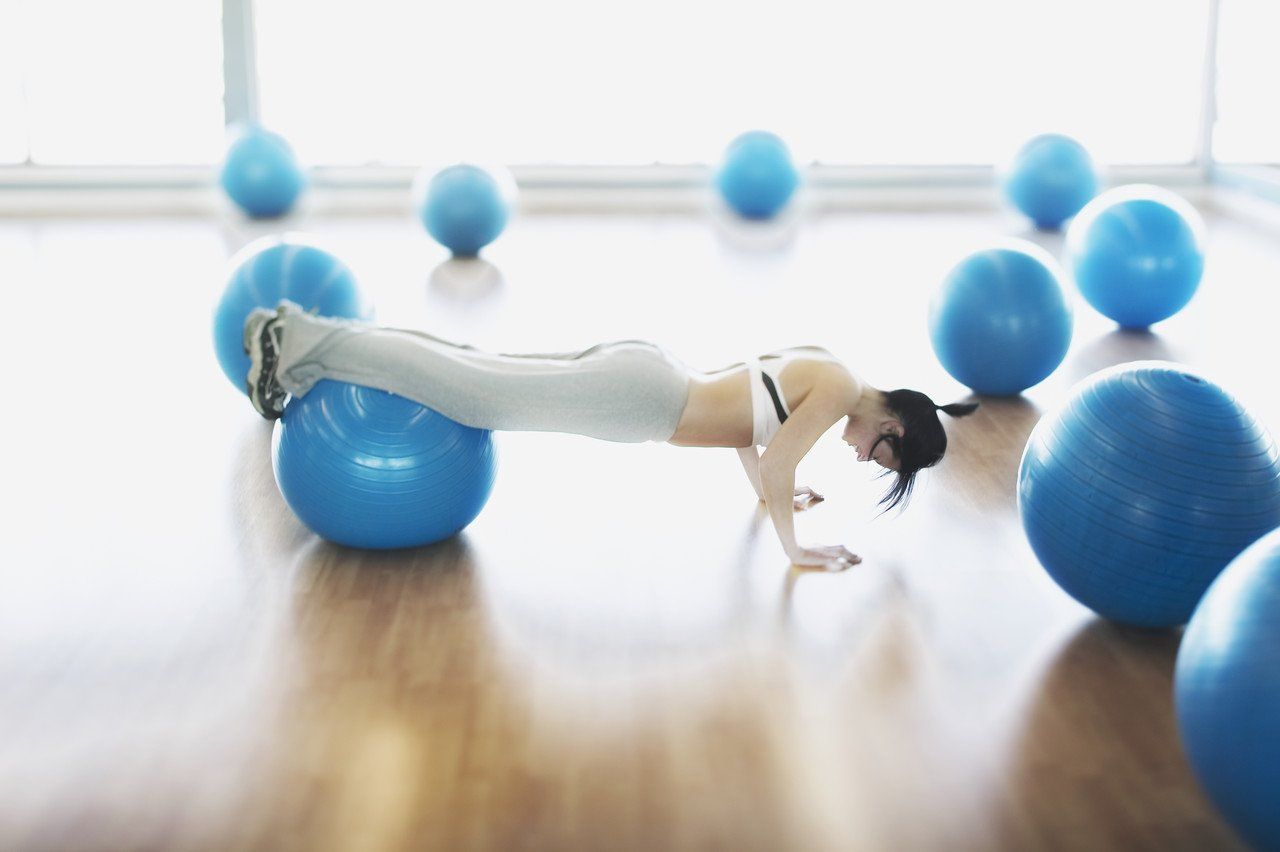Commit to Lifelong Learning
"perpetuam uitae doctrina!"
"Live as if you were to die tomorrow.
Learn as if you were to live forever." Mahatma Gandhi.

Take Care of Your Body
Enrich Your Life! We are here to point you in the right direction and cheer you on.
Your lifelong-learning journey will be much more enjoyable and fruitful if you are healthy

Take Care of Your Body.
Ten Holistic Health Practices for Healthy Aging
As we get older, it becomes increasingly important to take care of our bodies. Fortunately, there are many holistic health practices that can help us age healthily. From maintaining a healthy diet to managing stress, these 10 health practices are essential for healthy aging and are sure to make a big difference in how you feel.
Read on, to learn more about how you can use holistic health practices to achieve healthy aging.
Table of Contents.
- Eat a nutrient-rich diet
- Get regular exercise
- Get enough sleep
- Manage Stress
- Avoid tobacco and excessive alcohol
- Protect your skin
- Keep your mouth healthy
- Stay mentally active
- Monitor your health
- Have regular checkups

1) Eat a nutrient-rich diet

Eating a nutritious and balanced diet is an important part of maintaining good health. Eating healthy can help to prevent chronic diseases such as heart disease, stroke, and diabetes, as well as boost your energy and mental clarity. Focusing on nutrient-rich foods such as fruits, vegetables, whole grains, lean proteins, and healthy fats can help to keep your body in balance. Additionally, limit processed foods, added sugars, and saturated fats for optimal health.
Along with a healthy diet, other essential practices include exercising regularly, getting adequate sleep, nurturing your brain, and keeping in touch with nature. Limiting alcohol consumption and not smoking are also important factors to consider.
Additionally, having a positive mental attitude and getting regular checkups are crucial steps in ensuring good health. By following these tips, you can ensure that your body stays healthy and balanced over time.
2) Get regular exercise

Regular exercise can help you maintain a healthy weight, improve your mood, and keep your body in tip-top shape. It is recommended to get at least 30 minutes of moderate physical activity a day. This can be anything from taking a walk, to playing a sport, or going to the gym. It is important to find an activity that you enjoy, as this will help you stick with it.
In addition to regular exercise, it is also important to eat a healthy diet. This includes plenty of fruits, vegetables, whole grains, lean proteins, and healthy fats. Avoiding processed foods, sugary drinks, and saturated fats can help you maintain a healthy weight. Also, do not smoke cigarettes as it increases your risk of developing many chronic diseases.
Combining regular exercise with a healthy diet and not smoking, will provide you with long-term health benefits. In addition to improving your overall health, these habits can help reduce your risk of developing certain conditions such as heart disease and cancer.
So take care of yourself and make sure to get enough exercise!
3) Get enough sleep
Adequate sleep is essential for healthy aging. Not getting enough sleep can lead to a variety of health issues such as weight gain, diabetes, heart disease, and depression.
It is important to establish and maintain a regular sleep schedule in order to give your body the rest it needs.
Aim for 7 to 8 hours of sleep each night and avoid late-night snacks and electronic devices before bedtime.
Limit your caffeine and alcohol intake in the afternoon and evening to help encourage quality sleep. This can help you to maintain optimal physical and mental health.
4) Manage stress

Stress can have serious negative impacts on your overall health and well-being, so it is important to learn effective strategies for managing stress.
One way to manage stress is to practice mindful breathing. This involves taking deep breaths in and out, focusing on the sensation of your breath as you inhale and exhale. You can also try visualizing a peaceful place or doing guided meditation.
Other strategies for managing stress include relaxation techniques like yoga or tai chi, engaging in hobbies or activities that you find calming and talking to friends or family about your worries and fears.
There are many helpful resources available online or through your healthcare provider that can help you learn how to cope with stress.
List of Services
-
5) Avoid tobacco and excessive alcohol
Tobacco and excessive alcohol use can cause serious health problems, including cancer, heart disease, stroke, and liver damage. Therefore, it is important to avoid tobacco and limit alcohol intake.
Smoking cigarettes increases the risk of many types of cancer, as well as cardiovascular diseases. It is important to quit smoking to reduce these risks. Smoking cessation programs are available to help you quit.
Excessive drinking can also increase the risk of many diseases and should be avoided. Women should limit their alcohol consumption to no more than one drink per day and men should limit their alcohol consumption to no more than two drinks per day. Drinking more than this can increase your risk for many health conditions and should be avoided.
It is also important to avoid secondhand smoke. Secondhand smoke is a mixture of the smoke exhaled by smokers and the smoke from burning cigarettes, cigars, or pipes. Secondhand smoke can increase the risk of certain cancers and other health problems. To reduce exposure to secondhand smoke, make sure to avoid being around people who are smoking.
By avoiding tobacco and limiting alcohol intake, you can significantly reduce your risk for a variety of health problems. Quitting smoking and limiting alcohol consumption can also help you stay healthier and live longer.
-
6) Protect your skin
Your skin is the largest organ in your body and helps keep your body healthy by protecting it from environmental elements like sun, wind, and germs. To protect your skin from damage, it’s important to take proper care of it.
Start by wearing sunscreen when you go outdoors. The American Academy of Dermatology recommends an SPF 30 or higher, broad-spectrum sunscreen applied at least 15 minutes before going out. Don’t forget to reapply every two hours or after swimming or sweating.
Choose protective clothing when possible. Wear a wide-brimmed hat and sunglasses, long-sleeved shirts and pants, and seek shade when the sun is at its strongest (typically between 10am and 4pm).
Finally, use skin care products that are tailored to your skin type and avoid harsh soaps or cleansers. Gently exfoliate your skin to remove dead skin cells and moisturize after showers. This will help your skin stay hydrated and smooth.
-
7) Keep your mouth healthy
Taking care of your mouth is a critical part of overall health and wellness.
Your mouth provides a window into the rest of your body and can be an early indicator of serious health problems. Good oral hygiene and regular dental care are essential for keeping your mouth healthy. Here are some tips to help you maintain good oral hygiene:
• Brush your teeth twice a day with a soft-bristled toothbrush. Floss at least once daily to remove food particles between teeth and below the gum line.
• Rinse with an antiseptic mouthwash, especially after eating sugary or acidic foods.
• Regularly use a tongue scraper to remove bacteria and dead cells from the surface of your tongue.
• Avoid tobacco products, which can stain your teeth and irritate your gums.
• Eat crunchy fruits and vegetables such as apples, pears, and carrots to help clean your teeth.
• Visit your dentist regularly for a comprehensive exam and professional cleaning.
Taking these steps to keep your mouth healthy can help ensure that your teeth, gums, and tongue remain healthy and strong as you age.
-
8) Stay mentally active
Mental activity is just as important for your health as physical activity. As you age, staying mentally active can help keep your brain sharp and reduce the risk of developing dementia or Alzheimer’s disease. You can keep your mind active by learning new skills, engaging in challenging activities, and doing puzzles.
Consider taking a class or attending lectures, reading books and magazines, or playing board games or computer games. Learning a new language or hobby can also be great ways to stay mentally active.
Finally, consider keeping a journal, meditating, and engaging in meaningful conversations with family and friends to help keep your mind stimulated.
-
9) Monitor your health
It's important to monitor your health on a regular basis. Pay attention to changes in your body, and keep track of any symptoms or pain you may experience. Keeping track of any physical, mental or emotional changes can help you stay ahead of any issues that could arise. You can monitor your health by keeping track of your vital signs like blood pressure, heart rate, temperature, and weight. You should also get regular check-ups with your doctor and keep track of any medical tests that may be recommended. Pay attention to your mental health as well, and consider talking to a mental health professional if needed. Monitor any medications you take and take them as prescribed.
Finally, stay aware of any lifestyle changes that may affect your overall health and make adjustments accordingly.
-
10) Have regular checkups
Regular checkups are an important part of maintaining your overall health and well-being. During checkups, your doctor will perform a physical exam and take your vital signs. They will also talk to you about any medical concerns you may have.
Your doctor may also recommend certain tests or screenings based on your age and health history. These tests can help detect diseases and conditions early, when they are most treatable. It’s important to stay up to date with all recommended tests and screenings, as well as any follow-up appointments or exams your doctor recommends.
Don’t forget to bring a list of any medications you are taking, including over-the-counter drugs, vitamins, and supplements. This information helps your doctor ensure that all medications are safe and effective for you.
When it comes to your health, prevention is key. Regular checkups with your doctor can help you stay healthy and age gracefully.

